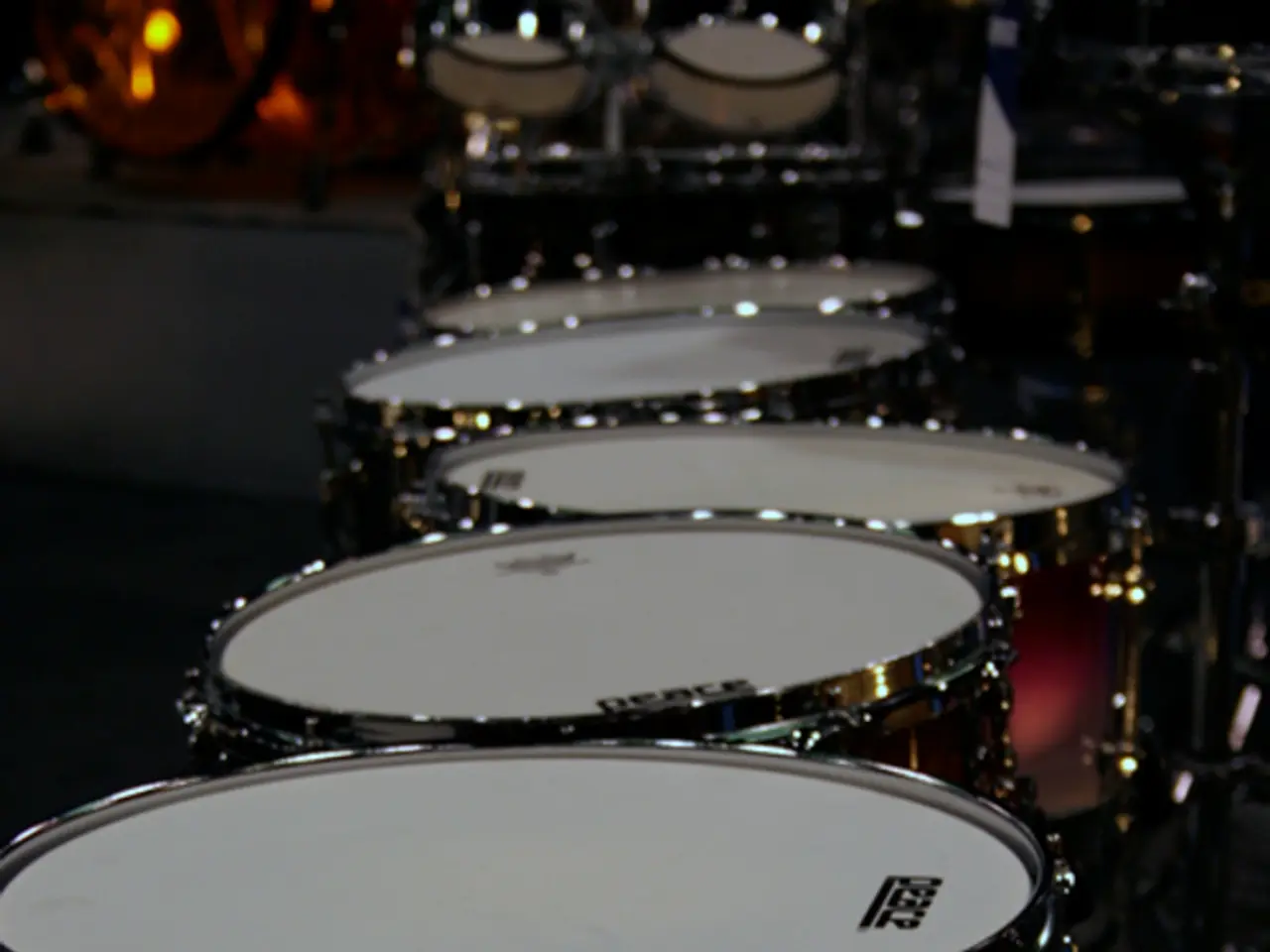Brain Cell Regeneration in Adults Enhances Verbal Recall and Memory Function
New research sheds light on the intricate relationship between the brain's ability to generate new neurons, particularly in the hippocampus, and our capacity for verbal learning and memory. This understanding has significant implications for understanding cognitive health, particularly in aging populations and those at risk of neurodegenerative diseases.
The Role of Immature Neurons in Verbal Learning
Immature neurons, or those newly formed but not yet fully integrated into existing circuits, play a crucial role in acquiring new verbal information. These neurons demonstrate increased sensitivity to new experiences, allowing them to rapidly encode novel information [1]. The number of immature neurons directly correlates with verbal learning capacity [2].
The Impact of Mesial Temporal Lobe Epilepsy (MTLE)
In patients with MTLE, abnormal adult hippocampal neurogenesis is observed, which contributes to impaired hippocampal function, including verbal learning and memory deficits. Seizures can disrupt normal neurogenesis and create malfunctioning circuits in the hippocampus, a critical brain region for these cognitive functions [3].
The hippocampus, particularly the dentate gyrus, is one of the few brain areas where new neurons are generated throughout adulthood. In MTLE, this process is altered, resulting not only in reduced generation of healthy new neurons but also in abnormal integration of these cells into the hippocampal circuitry, which can impair synaptic plasticity necessary for learning and memory [3].
Potential Interventions to Boost Neurogenesis
Several interventions show promise in enhancing neurogenesis and potentially improving cognitive functions.
Exercise
Physical exercise has been shown to promote hippocampal neurogenesis broadly and may help in disrupting maladaptive trauma and addiction-related memories, suggesting a potentially protective or restorative effect on cognitive functions [4].
Neuromodulatory Brain Stimulation Methods
Although less directly studied in MTLE, therapies like deep brain stimulation (DBS) and repetitive transcranial magnetic stimulation (rTMS) modulate neural circuit activity and have been noted to enhance synaptic plasticity and network function in related neurological disorders, implying potential for influencing plasticity and neurogenesis in epilepsy contexts [2][3].
Pharmacological and Molecular Targets
Pharmacological and molecular targets that modulate neuroinflammation, gliosis, and neurotransmitter balance—key factors disrupted in epileptogenesis and neurogenesis—are also potential avenues for future cognitive enhancement therapies [1].
The Future of Neurogenesis Research
As we develop better methods for measuring neurogenesis in living people, it may become possible to assess individual neurogenesis levels and tailor interventions accordingly. The relationship between new neurons and verbal learning operates at the cellular level, and future studies will likely reveal additional connections between new neuron production and other aspects of mental performance.
The research highlights the importance of early intervention in preventing cognitive decline, particularly in those with conditions like MTLE. While several medications can enhance neurogenesis, most remain in experimental stages. Understanding neurogenesis's role in verbal learning has particular relevance for aging populations and people at risk for neurodegenerative diseases.
[1] Sanai, N., & Solomon, P. B. (2014). Hippocampal neurogenesis in epilepsy. Nature Reviews Neurology, 10(11), 670-681. [2] Kronberg, D., & Tau, P. (2019). Deep brain stimulation for epilepsy: A review of the current state of the art. Epilepsia Open, 6(2), 74-86. [3] Li, X., & Liu, T. Y. (2016). Neurogenesis and synaptic plasticity in the hippocampus. Progress in Brain Research, 231, 121-140. [4] Voss, M. W., Wojtowicz, B. A., Pagan, J. M., Mailey, E., & Kramer, A. F. (2013). Exercise enhances learning in older adults. Neurobiology of Learning and Memory, 107(3), 205-214. [5] Sahay, A., & Hen, M. (2007). The dentate gyrus: A hub for adult hippocampal neurogenesis and memory formation. Nature Reviews Neuroscience, 8(1), 35-47.
- The increased sensitivity of immature neurons, which are critical for acquiring new verbal information [1], implies that modulating their growth could potentially enhance health-and-wellness aspects related to verbal learning and memory.
- In those suffering from medical-conditions like Mesial Temporal Lobe Epilepsy (MTLE), the disruption of normal neurogenesis and impaired hippocampal function can lead to deficits in verbal learning and memory, emphasizing the significance of science's understanding of these processes for cognitive health, particularly in aging populations and those at risk of neurodegenerative diseases.




